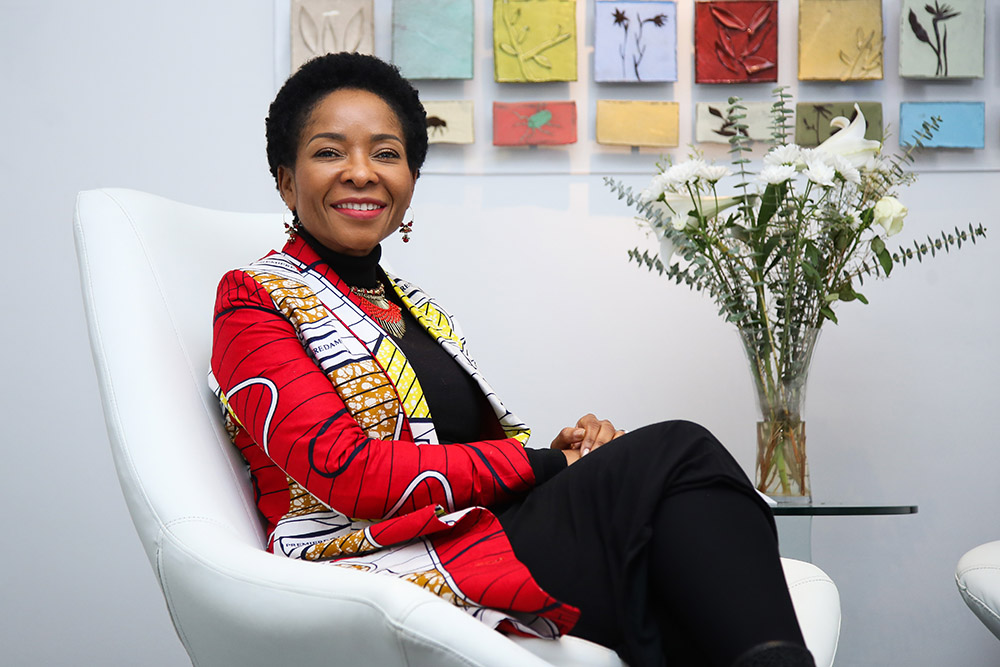By Maxwell Awumah
Ho, June 1, GNA-The Ninth JEAM Leadership Lecture Series in memory of the late President Professor John Evans Atta Mills, who established the University of Health and Allied Sciences (UHAS) has been held at its main campus in Ho.
It was under the theme, “Advancing Quality Health Systems in Ghana Amidst Global Disruptions.
The Leadership Lecture was instituted by the Management of the University to inspire students to aspire to higher laurels and activate mentorship systems that develops the capacity of students and health workers to reflect on core values and of their calling.
Dr Sodzi Sodzi-Tettey, Chief Executive Officer, National Vaccine Institute (NVI), the Guest Speaker of this year’s Lecture Series said Late JEAM is described by many as an academic icon, a Statesman par excellence, a political leader, a Ghanaian and Global luminary of law and Tax, whose forward-thinking, established UHAS in 2011.
He said UHAS has thrived despite some of the initial skepticism that continues to graduate top- notch health professionals, attracting some of the best faculty and scientists in their fields in the world.
“Such a leader was President John Mills when he set up the UHAS as the foremost tertiary institution for the training of health professionals in Ghana. He believed in the aspiration, particularly in the youth.”
Today, the guest speaker indicated, there is no doubt that UHAS has achieved its purpose and as President Mahama said a couple of years ago, “The dream of Prof. Atta Mills has been actualised.”
He admonished leadership of the continent to exemplify the persona of President Captain Ibrahim Traore of Burkina Faso as his exploits are soaring in Africa and beyond saying “The continent is crying for strong but humble leaders with integrity, who prioritize national interests above all else.”
On the theme, Dr Sodzi-Tettey said recent disruptions to the Global Health Financing threatens Quality Health System and by May 9
th
, this year, some 176,818 jobs were confirmed lost globally amidst other disruptions within the global health communities.
He said huge research on ‘improving the quality of health and child health services and improving the quality of health workforce training’ has been aborted, as a result.
He said by 2030, Ghana is scheduled to exit the Global Alliance of Vaccine Initiative (GAVI) on account of the nation falling into the Lower Middle-Income status.
He said Ghana must avail $51 million annually to fund vaccines purchase for Expanded Programme of Immunisation (EPI), with global institutions like the WHO, the Global Fund, notable for supporting HIV, TB, and Malaria, would be impacted with the greatest toll on Africa and beyond.
He said an international Health Regulatory Group working with Ghanaian experts and other partners, in 2025, conducted a joint external evaluation of Ghana’s pandemic preparedness drawing its finding on strengths and weaknesses.
Dr Sodzi-Tettey said Ghana’s strengths were anchored on comprehensive national policies, strategic plans, and regulatory frameworks, ratified international agreements, robust multisectoral coordination mechanism, a tiered national laboratory network, prioritised workforce development prioritized, existence of multi-hazard risk assessments and contingency plans for threats as well as well-established National immunization programs and emergency vaccination campaigns.
Its weaknesses were inconsistent enforcement of policies and regulations, sub optimal multisectoral coordination, fragmented budget allocations and a heavy reliance on external donor support, human resource shortages and workforce retention issues, laboratory and diagnostic capacity at lower levels, weak data systems, limited cross-border collaboration, underdeveloped risk communication and community engagement (RCCE) efforts.
Dr Sodzi-Tettey, also Vice President for Global Delivery at the Institute for Healthcare Improvement said overall, the assessment indicated Ghana has built a solid foundation for health security, positioning the country to effectively prevent, detect, and respond to public health threats while contributing to regional and global health security efforts – The country has developed comprehensive national policies, strategic plans, and regulatory frameworks covering key areas such as antimicrobial resistance (AMR), zoonotic diseases, biosafety, food safety, immunization, laboratory systems, and chemical and radiation emergencies.”
On the other side, they noted “Despite notable progress in health security, Ghana faces challenges that hinder the full implementation of core capacities under the International Health Regulations (IHR). … Human resource shortages and workforce retention issues present major barriers to effective health emergency prevention, preparedness, and response.
“There is a critical deficit of specialized personnel, particularly in radiological, chemical, and veterinary health sectors, with high attrition rates in rural areas and no national surge workforce plans for rapid deployment during emergencies.
“Laboratory and diagnostic capacity at lower levels remains limited, with insufficient high-containment facilities, biosafety infrastructure, and diagnostic capabilities for priority pathogens. Weak data systems, including the inadequate national laboratory information system (LIMS) and poor data interoperability, further compromise disease surveillance and response efforts.”
He advocated expedited action to address these weaknesses to improve the limited capacity to prevent, detect and respond to health threats in reactions to the global disruptions towards advancing health systems in the country.
Prof Lydia Aziato, Vice Chancellor of UHAS said the mileage being achieved by the University is as fresh and relevant as the dream of late President Mills, with actuality and scaling standards and setting new ones, nationally and internationally.
The forum was attended by the new Governing Council Chairperson, Prof Kodzo Gavua, Prof Fred Newton Binkah, the Foundation Vice Chancellor, political class, academia, and students.
GNA
Maxwell Awumah/Kenneth Odeng Adade
Provided by SyndiGate Media Inc. (
Syndigate.info
).







